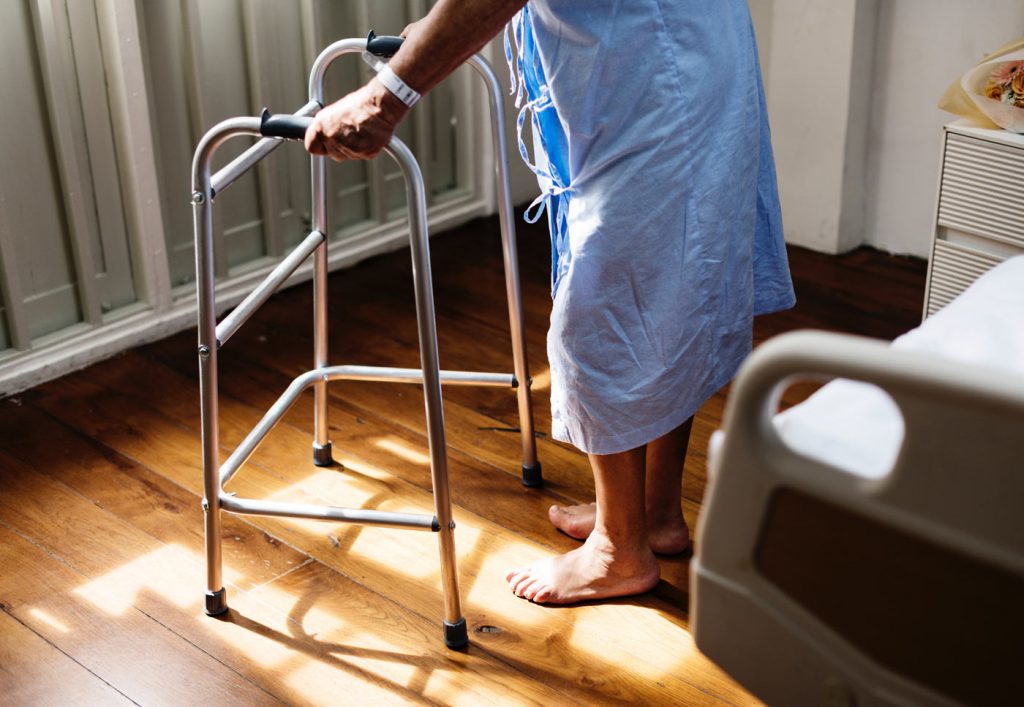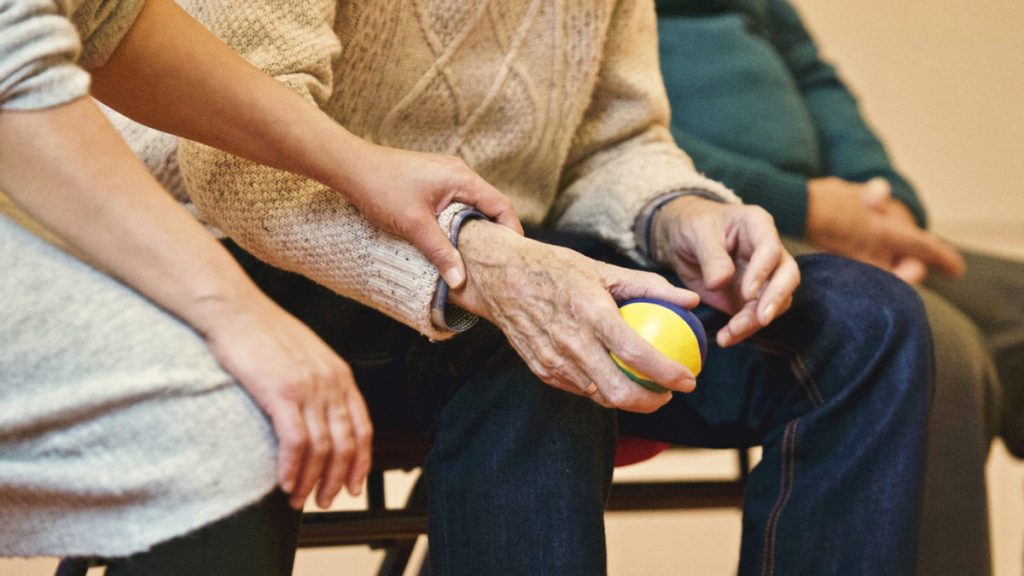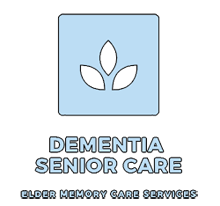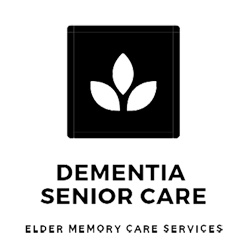What is Dementia? & Best at Home Care Facilities in Denver, Colorado
Dementia is a broad term used to describe a decline in cognitive function severe enough to interfere with daily life. Cognitive function refers to the mental processes that allow us to think, remember, and reason. Dementia can be caused by a variety of conditions and diseases, but the most common cause is Alzheimer’s disease.
Symptoms of dementia can vary depending on the type of dementia and the stage of the disease. Early symptoms of dementia may include memory loss, difficulty communicating, and difficulty with daily activities. As the disease progresses, symptoms may become more severe, including confusion, disorientation, personality changes, and difficulty with mobility.
There is no single test to diagnose dementia
Instead, doctors use a variety of tools to evaluate cognitive function and rule out other conditions that may cause similar symptoms. These tools may include cognitive and neuropsychological tests, brain imaging, and laboratory tests.
Medications can help to slow the progression of the disease and manage symptoms such as memory loss and confusion. Non-pharmacological treatments, such as occupational therapy and speech therapy, can also help to improve quality of life for people with dementia.
These treatments, there are a variety of support options available for people with dementia and their caregivers. Support groups, home care services, and respite care can help to reduce the burden of care on caregivers and improve the quality of life for people with dementia.
There is currently no cure for dementia, but there are a variety of treatment options available
Living with dementia can be challenging, both for the person with dementia and for their loved ones. It is important for caregivers to take care of their own physical and emotional well-being and seek out support when needed.
It is important to note that dementia is not a normal part of aging. While the risk of developing dementia increases with age, it is not a necessary part of growing older. However, as the population ages and people live longer, the number of people with dementia is expected to increase.

Research into dementia is ongoing, with scientists working to better understand the causes of the disease and develop new treatments. Advances in technology and imaging are helping researchers to better understand the brain changes that occur in dementia, and new drugs are in development to target these changes.
Dementia can be a difficult and challenging condition, but with the right support, people with dementia can continue to live meaningful and fulfilling lives. It is important for society to raise awareness of dementia and support research to find effective treatments and ultimately a cure.
Living Home Dementia Facilities, Denver Elder Care Center

Alzheimer’s Live-In Facilities Denver, Living Home Care Me, Elderly Dementia Assisted Center
Dementia is a broad category of brain diseases that cause a long-term and often gradual decrease in the ability to think and recall that is great enough to affect a person’s daily functioning.
It’s an overall term that describes a group of symptoms associated with a decline in cognition or other thinking skills severe enough to reduce a person’s ability to perform everyday activities.
This disease is often incorrectly referred to as “senility” or “senile dementia,” which reflects the formerly widespread but incorrect belief that serious mental decline is a natural part of aging. Dementia is caused when the brain is damaged by diseases like Alzheimer’s disease or a series of strokes. Alzheimer’s disease is the most common cause of dementia, but not the only one. The loss of at least two of the following mental functions are significant symptoms of the condition: Memory, Visual perception, Reasoning and Judgment, Communication and Language, Ability to Focus and Pay Attention.
“A person with dementia will often have changes in their mood. They may act irritable, apathetic or withdrawn, anxious, easily upset, or unusually sad. With some types of dementia, the person may see things that are not there (visual hallucinations) or strongly believe things that are not true (delusions).”
The most common type of dementia is Alzheimer’s disease, which makes up 50% to 70% of cases. Other common types include vascular dementia, Lewy body dementia, and front temporal dementia.
Less common causes include normal pressure hydrocephalus, Parkinson’s dementia, syphilis, and Creutzfeldt–Jakob, among others.
There is no known cure for it. Cholinesterase inhibitors such as donepezil are often used and may be beneficial in mild to moderate disorder. The overall benefit, however, may be minor. Many measures can improve the quality of life of people with this condition and their caregivers.

This Condition is the irreversible loss of intellectual capacities, including memory, the ability to express oneself and communicate adequately, organize daily life, and lead an autonomous family, work, and social life. It leads to a state of total dependence until the individual eventually passes away.
It is a disease of the advanced ages of life, and it is all the more frequent the older people are, but there are early forms that begin at 50 or 60 years of age and, although very rarely, even earlier.
The cause of this disease is unknown, although it is linked to genetic and hereditary factors and cranial trauma, lack of cognitive stimulation, and others.
Our principal locations include Centennial, Littleton, Highlands Ranch, and Lakewood. Our services include Private Rooms, All-Inclusive – individual care, and more. All for a fixed price. It’s important to highlight that we do NOT work with Medicare or Medicaid insurance. Home.
We DO WORK WITH SOME INSURANCE. We care and we make the difference. Furthermore, we will keep your loved ones safe.
Who to consult?
The family doctor, the family doctor, would be the first person to ask for help. Many times it will be the family doctor himself who directs the patient to a specialist. It’s possible that, instead, it will be the family who will ask for this consultation. The doctor who must establish the diagnosis is the neurologist.
How to get to the diagnosis?
The first is a long interview and questioning of the patient and their closest relatives, basically, those who live with them. There it is already possible to see if the symptoms are suggestive of dementia, of this or another type, then passing a series of neuropsychological tests, such as the so-called Mini-Mental test, in which standard questions are asked with predicted scores, below the which are considered to be a valuable disorder.

A physical exam and neurological examination are then done. With this, the neurologist, many times, already has a high suspicion of Alzheimer’s disease when there is. However, a series of complementary tests are usually carried out, which will depend on the criteria of the specialist in each case.
-Neuroimaging tests. CT (computerized axial tomography) or MRI) (magnetic resonance) to rule out other causes and confirm the existence of a degree of atrophy that could be significant.
-Analysis to rule out infectious, metabolic, endocrinological causes, etc. of which we have spoken.
-Occasionally, an EEG (electroencephalogram) helps rule out other dementias. For example, metabolic encephalopathies in people with chronic liver disease or Creutzfeldt-Jakob disease, the most common form of the process due to prions, the causative agents of the popular mad cow disease.
-More sophisticated tests, such as SPECT or PET, assess certain functional aspects of brain activity and which are useful in incipient cases or with an unclear diagnosis.
-Finally, and not in order of importance, since its value is unquestionable, the practice of a detailed neuropsychological study will contribute decisively, in a few cases, to the establishment of the diagnosis.
Special mention deserves the controversial issue of genetic study.
Its systematic use in the diagnostic study is not indicated or justified:
It should be up to the specialist’s rigorous criteria to suggest to the family the convenience or need for such a study. Except for the aforementioned and infrequent cases of familial Alzheimer’s, the genetic study is only one more piece of information, however valuable it may be at times, but not an essential element to establish the diagnosis. Even clearer is the position before the so-called “preventive” genetic studies in healthy people –often distressed children of a patient with the disease-, of which a highly irregular use could be made.
At present, and given the lack of therapy of the disease, its pre-symptomatic phase and, even more, the supposed “risk subjects”, such studies do not contribute more than anxiety, frustration, and moral and eventually economic wear, to those who are declared, based on highly debatable criteria, susceptible of presenting the disease at an indeterminate moment of their life.
We will end by saying that there is no single test that, by itself, can establish the diagnosis of Alzheimer’s disease.
Not only is it possible, today, to ensure the patient’s life, except if a brain biopsy is done with the subsequent anatomic-pathological study, the definitive diagnosis of the disease: according to internationally accepted criteria, it can only be spoken of as probable or possible Alzheimer disease. It must be added, however, that in expert and specialized.










